Many dietary know-it-alls would have you believe that all it takes to drop a few pounds is to switch from a meat-heavy diet to one full of nothing but fruits and vegetables, as if losing weight were no more difficult than passing up a burger in favor of an apple and a side of fries.
However, anyone who’s ever seriously tried to go vegetarian knows it’s not that easy. Just because food is plant-based, doesn’t mean it can’t be full of sugar and starch.
Even healthy, fibrous vegetables can leave well-meaning dieters feeling bloated and sluggish. And gorging on enough fruit to fill Carmen Miranda’s hat can be nearly as bad as reaching for a box of cookies.
The trick to feeling full from eating fruits and vegetables without getting gassy and sugar-sluggish, according to Joanne Perez, registered dietician and founder of Real Bite Nutrition, is to look for nutritionally dense produce and then pay attention to portion control.
“All fruits and vegetables are an important part of a healthy diet,” says Perez.
“But since some are higher in sugar and calories than others, portion size is important. The healthiest fruits and vegetables are those that have a high-density value, which is the number of nutrients a food has in relation to the number of calories. Foods with a high-density value will give you the most nutrients for the fewest number of calories.”
Most nutritionists agree that any produce is better than none at all, but there are some that work better for people who are on diets or are trying to reduce bloat after overindulging during the holidays.
To get your new year started off right, we’ve spoken to some top dieticians for advice on which fruits and vegetables they advise against for clients looking to lose weight.
1. Bananas
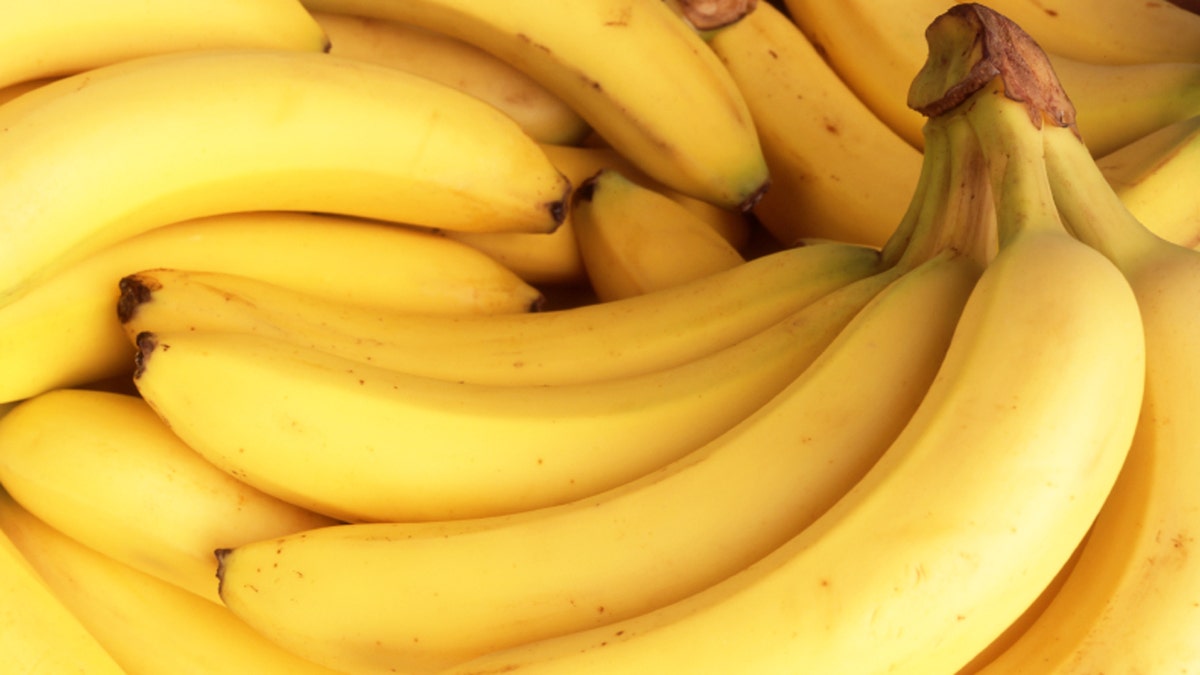
(iStock)
2. Broccoli
While broccoli is a healthy vegetable, like Brussels sprouts, it’s not a great one if you’re looking to detox after the holidays, says Alissa Rumsey, registered dietitian and spokesperson for the Academy of Nutrition and Dietetics.
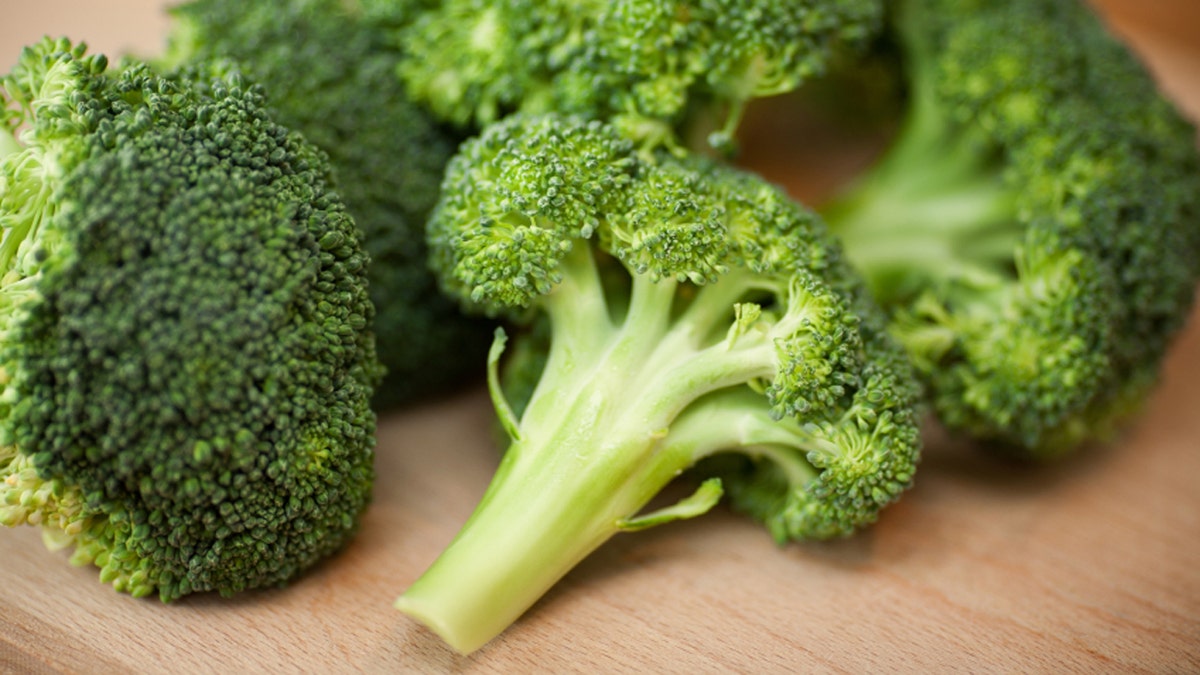
(iStock)
3. Coconut
Coconut should be considered more of a treat than a fruit, says Maggie Moon, author of "The Elimination Diet Workbook." “Coconut is sometimes considered a fruit, sometimes a nut, but is high in saturated fat either way, and that means cholesterol-raising calories that add up quickly,” Moon says.
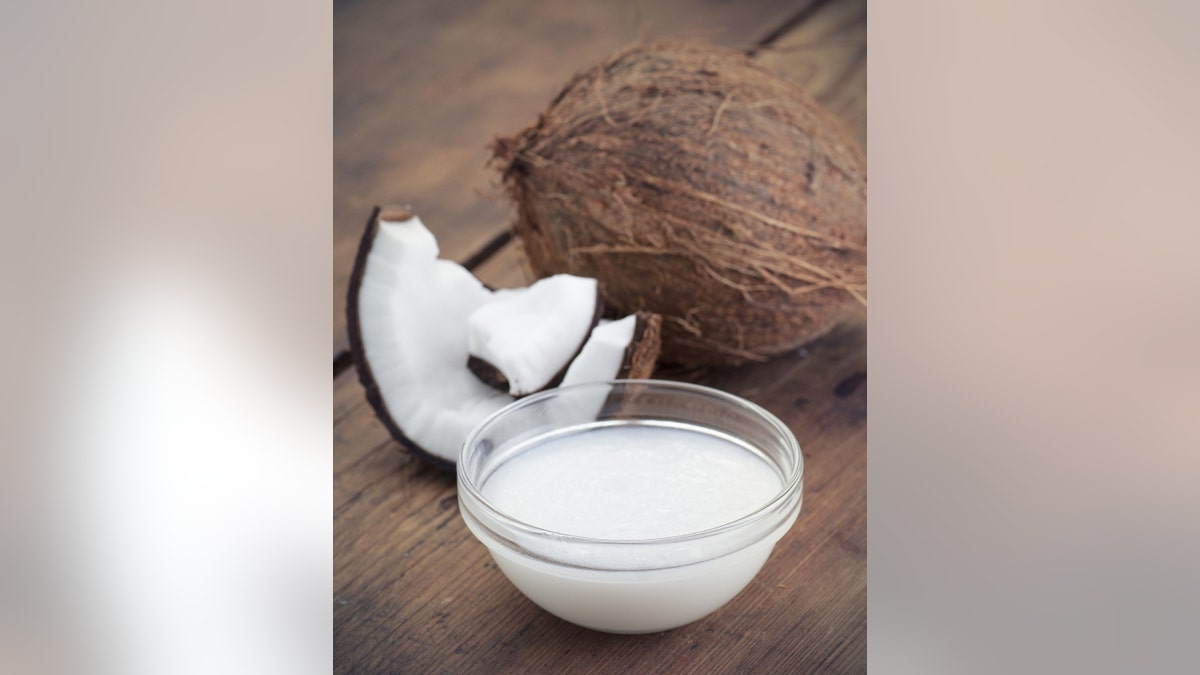
(iStock)
4. Cherries
Slayton also recommends that clients skip sugary cherries when trying to bounce back from holiday indulgences. “Overfruiting is super common,” Slayton says. “What happens is that excess fruit sugar (fructose) is easily welcomed by your fat cells.” Therefore, munching cherry after cherry could be counterproductive to your goals.
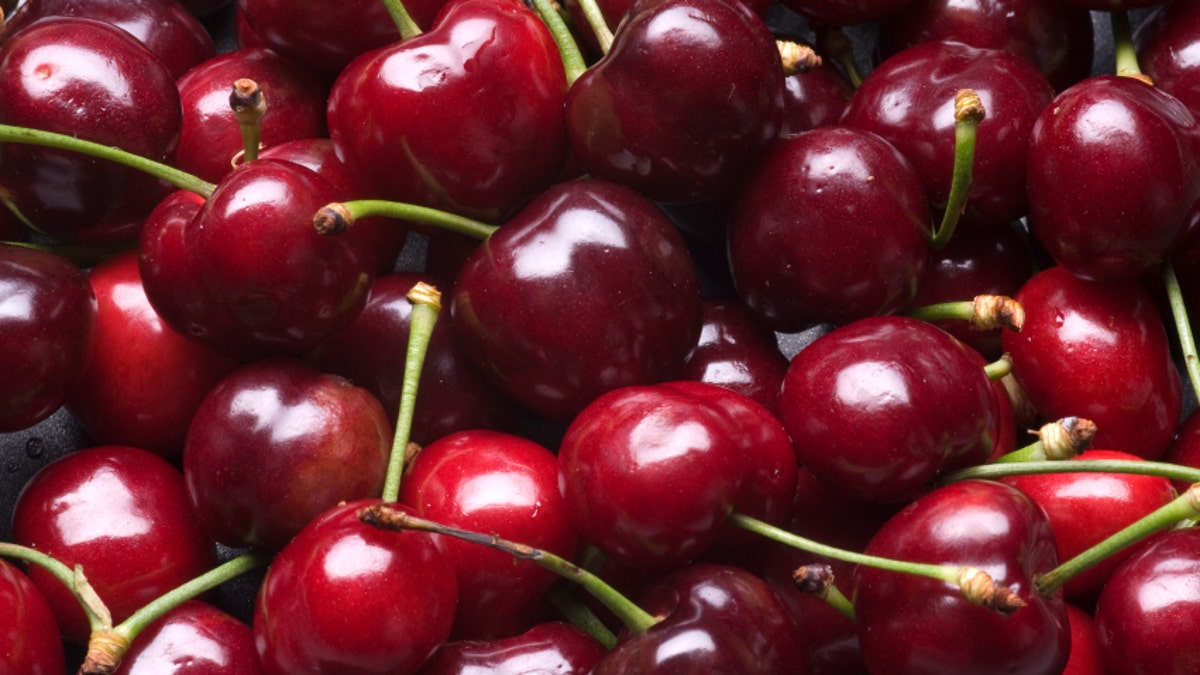
(iStock)
5. Eggplant
This may come as a shocker, since eggplant is usually considered a “healthy” meat alternative, but Moon says mushrooms are a better bet than the purple squash.
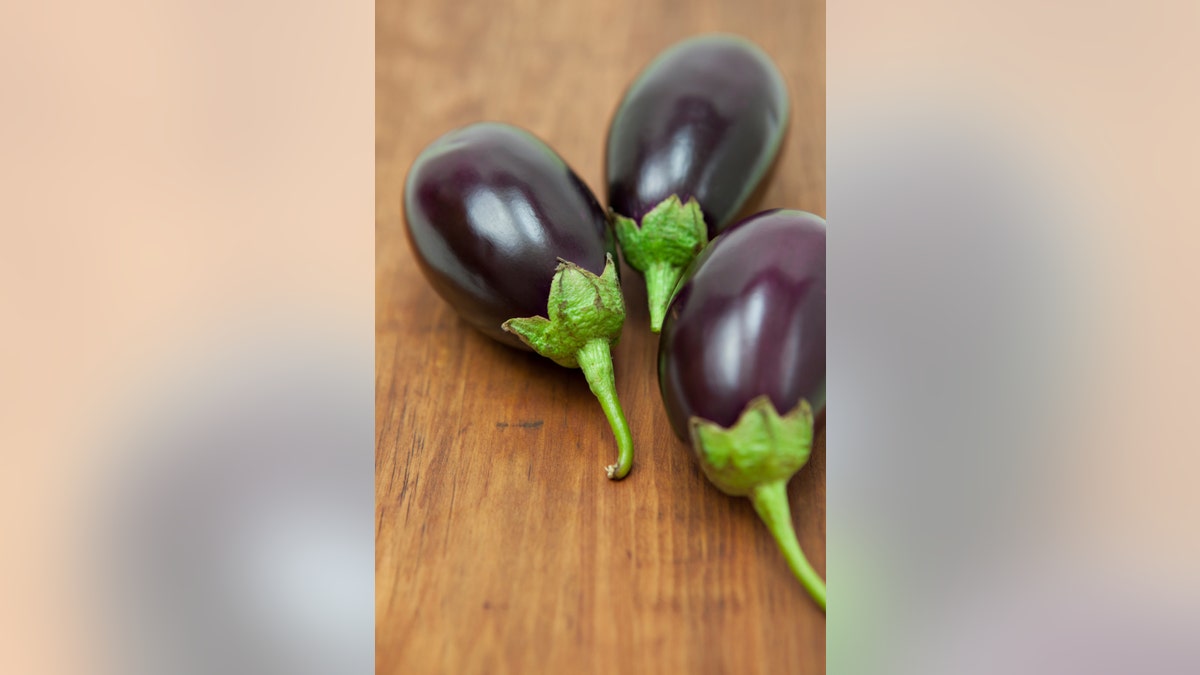
(iStock)
“Eggplant is a low-calorie food, a good source of fiber, and is loved as a meat substitute because it soaks up flavor,” says Moon. “The down side of this is that they really do soak up everything. They’re like sponges for fat and seasoning, so it's easy to pile calories and sodium onto eggplant.”
6. Green Peas
According to Alissa Rumsey, registered dietitian and spokesperson for the Academy of Nutrition and Dietetics, green peas are best eaten in moderation. “Starchy vegetables like peas have higher calorie and carbohydrate content,” says Rumsey. “So while they are fine in small amounts, you want to try to fill up your plate with non-starchy vegetables instead like leafy greens, asparagus, mushrooms, or beets.”
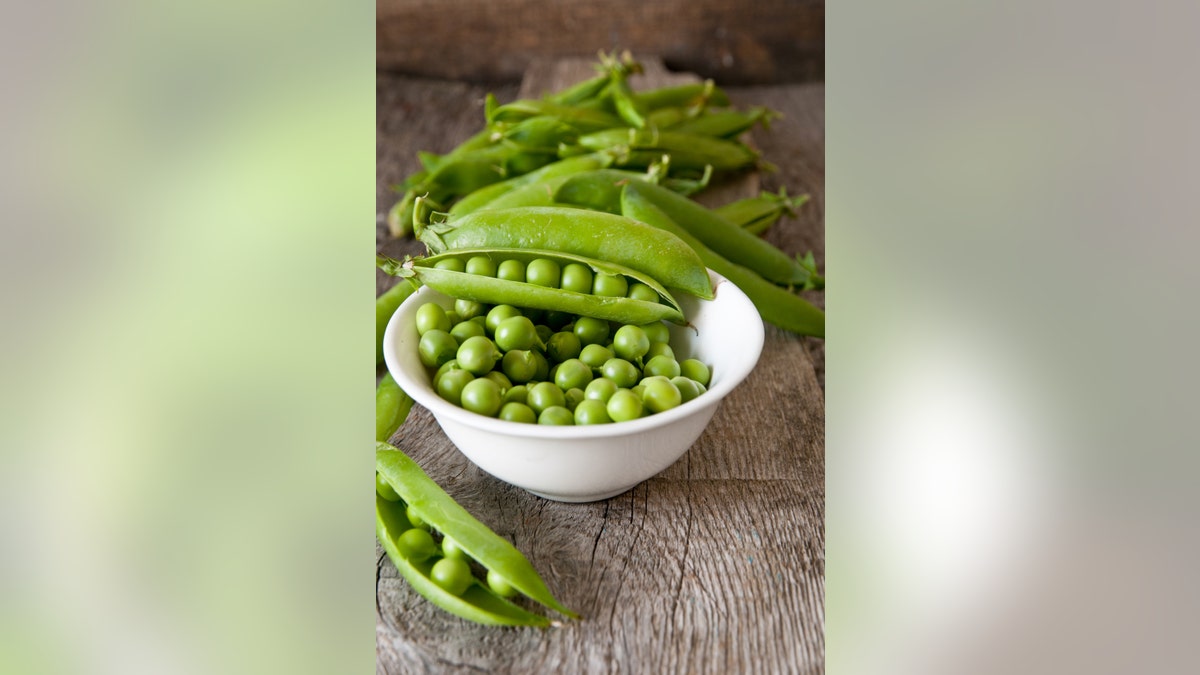
(iStock)
Check out more fruits and vegetables that should only be consumed in moderation.
More from The Daily Meal
50 Recipes for Your New Year’s Weight-Loss Resolution
Smart Strategies for Staying Hydrated This Winter
You Don’t Really Need to Be Taking These Vitamins
